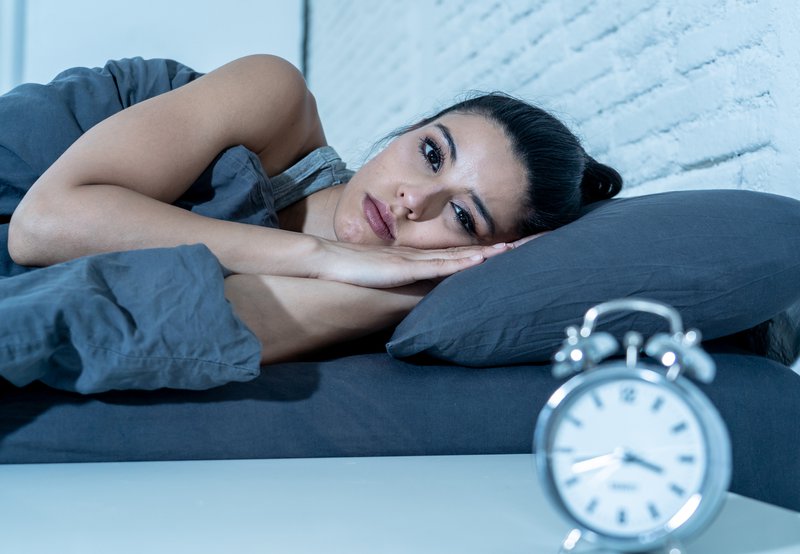The health dangers of not getting enough sleep
Updated | By Poelano Malema
A recent study has found that
not sleeping the recommended eight hours a day can cause major health problems
and increase chances of premature death.

Are you so busy that you hardly get time to sleep? This could be more harmful than you think.
Research by Charles King, an MBA student at the University of Stellenbosch Business School (USB), found that not getting enough sleep increased the risk of developing major depression by 22%, coronary artery disease by 73%, type 2 diabetes by up to 18%, and the risk of developing colorectal cancer by 50%.
Not only that, but “sleep problems have become one of the leading causes of physical and mental health illnesses,” King added.
Sadly, most people do not get adequate sleep.
The research found that 64% of the people whose sleeping habits were tracked slept for less than seven hours a night.
“Lack of sleep is not only related to workplace issues such as absenteeism, lack of productivity, poor work performance, and accidents – which have a direct cost impact on a business – but insufficient sleep has been directly linked with seven of the 15 leading causes of death,” King said.
A report by Arrive Alive states that driver tiredness causes more than 20% of motorway accidents.
Sleep disorders and chronic sleep loss can put you at risk for heart disease, heart attack, heart failure, irregular heartbeat, high blood pressure, stroke, and diabetes, another report by WebMD states.
So, it is important to get enough sleep in order to avoid causing unnecessary health problems.
To improve your sleeping patterns, sleepdisorders.co.za gives the following tips:
- Go to bed at the same time each day.
- Get up from bed at the same time each day.
- Get regular exercise each day.
- Try to spend some daytime outdoors or in natural light.
- Make the bedroom as restful as possible.
- Use your bed only for sleep and sex.
- Take medications as directed.
- Be comfortable and relaxed.
- Understand your sleep need.
DON'T:
- Exercise just before going to bed.
- Engage in stimulating activity just before bed.
- Drink caffeine containing drinks in the evening.
- Go to bed too hungry or too full.
- Nap in the evening before you go to bed.
- Stay in bed if you are awake.
- Share your bed with children or pets.
- Look at the clock all the time.
- Use tech cellphones etc. an hour before bed.
- Smoke.
- Use alcohol to help you sleep.
- Rely on sleeping tablets to help you to sleep.
READ: Three all-natural tips for fighting insomnia
Disclaimer: Health-related information provided in this article is not a substitute for medical advice and should not be used to diagnose or treat health problems. It is always advisable to consult with your doctor on any health-related issues.
Show's Stories
-
Here's how microplastics affect your looks
Did you know that microplastics are affecting your health and appearance...
Stacey & J Sbu 4 hours ago -
Darren Maule visits the KZN Integrated Youth Camp
From promise to purpose! Darren Maule visited a youth leadership camp in...
East Coast Breakfast 6 hours ago